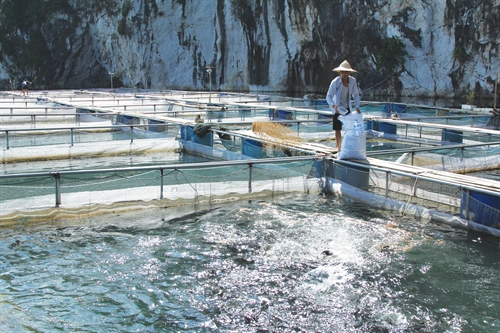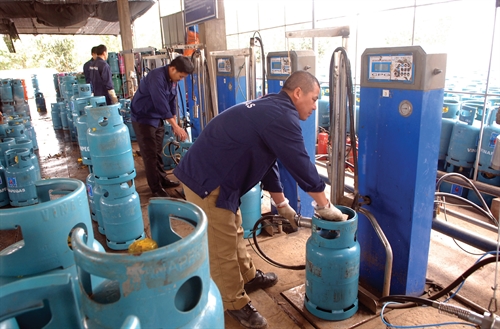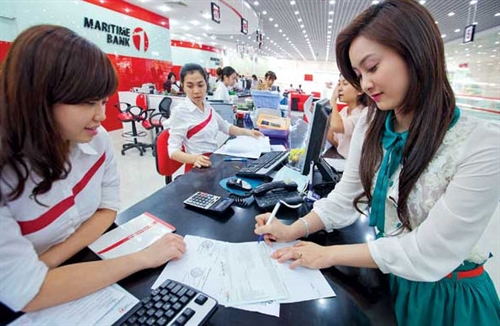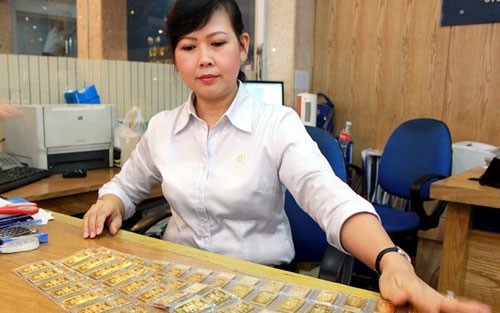Strategic investors would be allowed to sell their shares in state-owned enterprises (SOEs) within three years after such SOEs are equitized.
Such is a new provision in a draft decree, which has been prepared by the Ministry of Finance (MoF) to replace Decree No. 59 issued in 2011, Decree No. 189 in 2013, and Decree No. 116 in 2015, on transformation of wholly state-owned enterprises into joint-stock companies.
According to Dang Quyet Tien, deputy director of the MoF’s Department of Corporate Finance, under current regulations, strategic investors are obliged to provide resources as committed and the time limit to sell their shares after SOE equitization is five years.
Such requirements have reduced interests and benefits of strategic investors, Tien said.
Moreover, the sale of shares in SOEs to strategic investors, who are selected by the Steering Committees for Equitization, through agreements reached before initial public offerings may result in loss of state capital in such enterprises due to the lack of transparency and publicity, Tien added.
To address the problem, the future regulation reduces the time limit to three years, allows strategic investors to buy SOEs’ shares only after the enterprises complete their initial public offerings, and requires such investors to operate at a profit for two consecutive years by the time of registration for share purchase.
It also clarifies the compensation responsibility of strategic investors for breaching their commitments, and requires these investors to make written compensation commitments.
In addition, the draft decree allows laborers named on the list of regular employees of an equitized enterprise, including also those working in subsidiary companies of which parent companies hold 100 percent of charter capital (level-II enterprises), who have not been eligible for purchasing preferential shares at any other joint-stock companies to purchase shares at preferential prices.
Specifically, they may purchase at most 100 shares per year of actually working in the state sector at the price equal to 60 percent of the unit price of VND 10,000 per share.
Under the current regulation, employees of subsidiary companies of SOEs are not allowed to buy shares of their parent ones. Meanwhile, the price an employee has to pay for a preferential share is equal to 60 percent of the lowest successful bid offered by a strategic investor, which may turn out a loss when the share price goes down to below 60 percent of the bid after the equitization. This regulation would help employees get higher benefits when purchasing shares in equitized SOEs, Tien said.- (VLLF)









